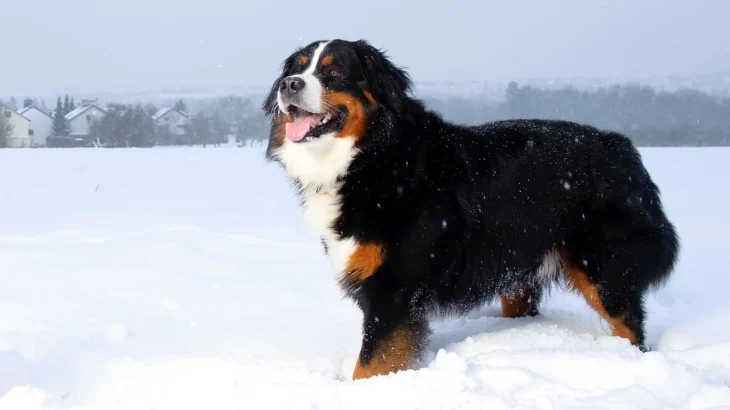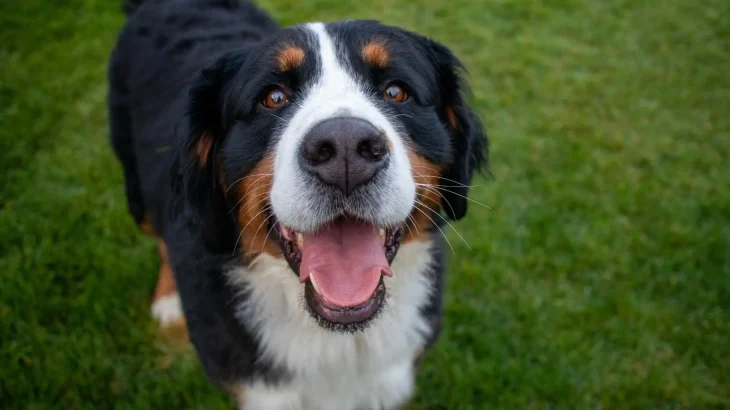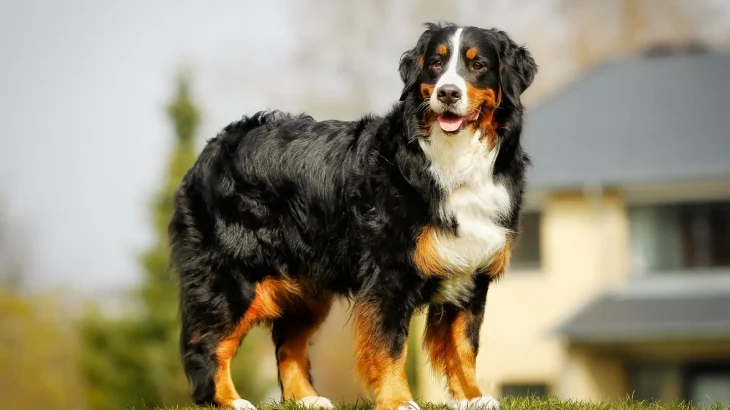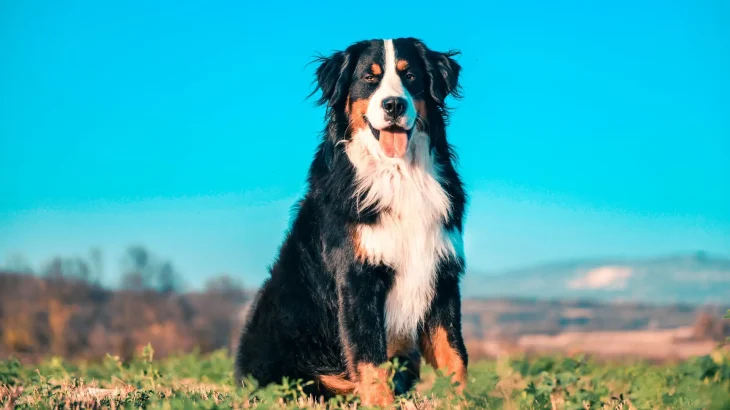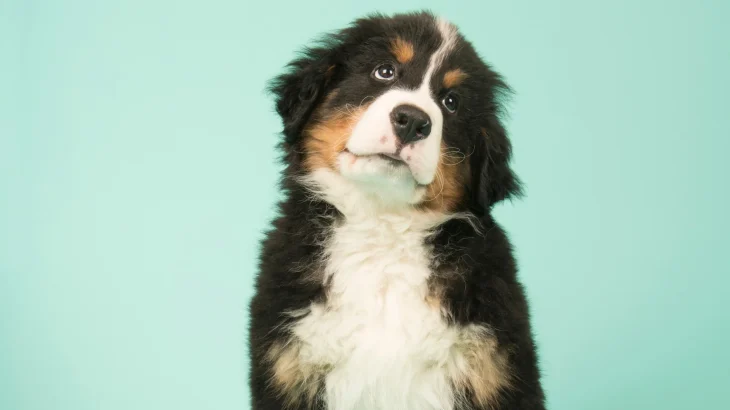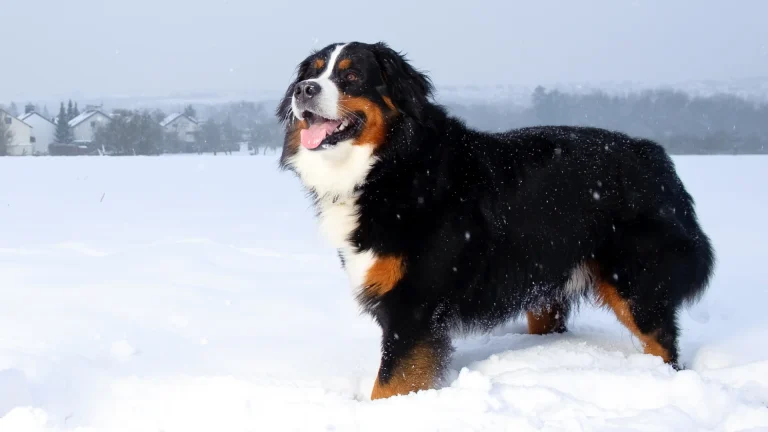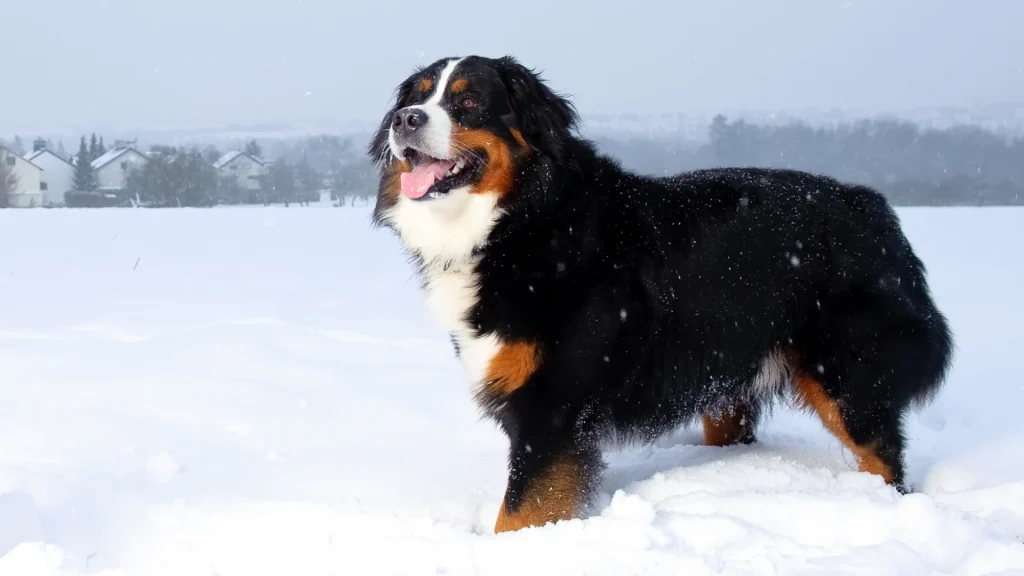Deciding whether to buy or adopt a Bernese Mountain Dog puppy involves weighing several key factors. Buying from a breeder usually provides more information on the dog's health history and pedigree, which is important since Bernese Mountain Dogs can be prone to some genetic conditions. Adoption is often cheaper and offers the joy of giving a dog a second chance, though background details might be less complete.
| Criteria | Buying from Breeder | Adopting from Shelter/Rescue |
|---|---|---|
| Cost | Higher, often $800-$2,000, sometimes more for dogs with documented lineage. | Lower fees, typically under $500, more affordable overall. |
| Health History | Usually detailed with genetic screening to minimize inherited health issues. | May have limited health info; basic health checks generally done. |
| Age Availability | Mostly puppies, allowing early training and bonding. | Wide range of ages, including adults, which may suit various preferences. |
| Temperament Insight | Breeders often know traits from parents and lineage. | Shelter observations guide temperament info; less detailed history. |
| Ethical Considerations | Supporting responsible breeding programs important to avoid poor practices. | Helps combat pet overpopulation by giving homes to dogs in need. |
| Risk of Genetic Disorders | Lower with breeder screening, targeting issues like hip dysplasia. | Higher risk since genetic background may be unknown. |

